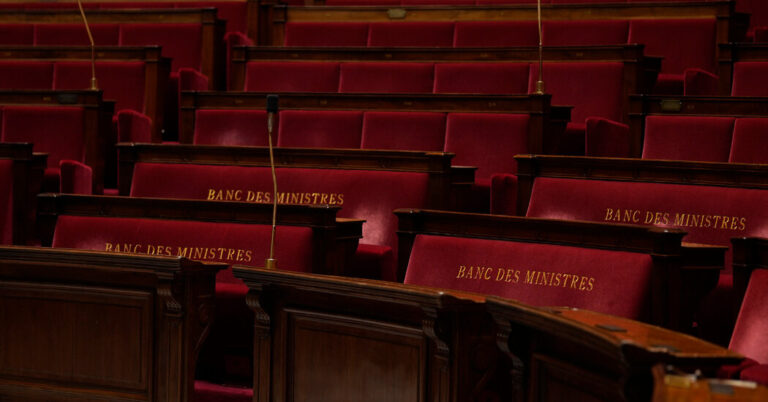If the numbers are there, who would be prime minister? It would have to be a political figure who can work with the center left, the center right and the right. This sort of consensus personality is in short supply in French politics today. In any case, this would only be a temporary solution. Caretaker governments have little political legitimacy and cannot achieve much apart from passing budgets to keep the economy afloat. After a year — the earliest, constitutionally, the president can reuse his dissolution power — Mr. Macron would almost certainly have to dissolve the assembly and call another election. We’d be back to square one, though in an even more volatile environment.
All in all, the prospects for a national unity government do not look good. Although on Sunday Mr. Macron called for a “great democratic and republican union” to defeat National Rally, he has spent more time remonstrating with the left than with the far right: a surprising sense of priorities, one might think. By rejecting what he calls the “two extremes,” he hopes to lure back center-left voters to his centrist coalition. But Mr. Macron is deeply unpopular. By arguing that the left represents as much of a threat as the far right, he might also dissuade centrist voters from casting their votes for New Popular Front candidates in runoffs against National Rally candidates. Their abstention may facilitate the election of more far-right deputies.
They don’t need the help. Taking advantage of widespread disillusion and anger, National Rally — with a majority or not — is likely to emerge as the election’s winner. The party is now dominant in almost all categories of French society and in most regions of France. Only big cities are still resisting this immense wave. It is leading in all age groups except 18-to-24-year-olds, though it attracts considerable support from younger voters, too. It is strong among blue-collar and white-collar workers, employees and professionals. A novelty is that retired people, Mr. Macron’s most faithful constituency so far, significantly shifted to the far right in last month’s European election.
This far-right victory, now so close, was way off when Mr. Macron was first elected in 2017. Marine Le Pen’s National Rally then had only eight deputies in the National Assembly, a far cry from the more than 200 it will win on Sunday. Mr. Macron promised that he would protect France from right-wing extremism. Yet since coming to power he has borrowed from National Rally’s playbook, passing controversial legislation such as the so-called separatism bill in 2021 that effectively ostracized Muslims and a hawkish immigration bill that was adopted last year thanks to far-right support. Far from defeating the far right, Mr. Macron has prepared the ground for its success.
It’s fitting, in a way, that the main political casualty of this troubled period may be Mr. Macron himself. Whatever happens on Sunday, it is clear to everyone that Mr. Macron’s unnecessary gamble has failed dramatically and he is responsible for the political chaos to come. His authority, both nationally and internationally, will be greatly diminished, and his presidency all but sunk. He will surely face increasing pressure to resign.


